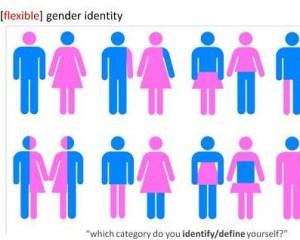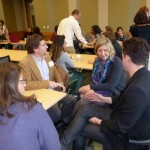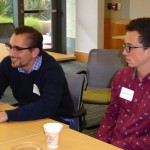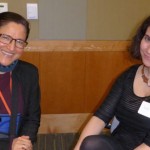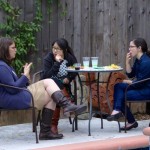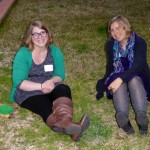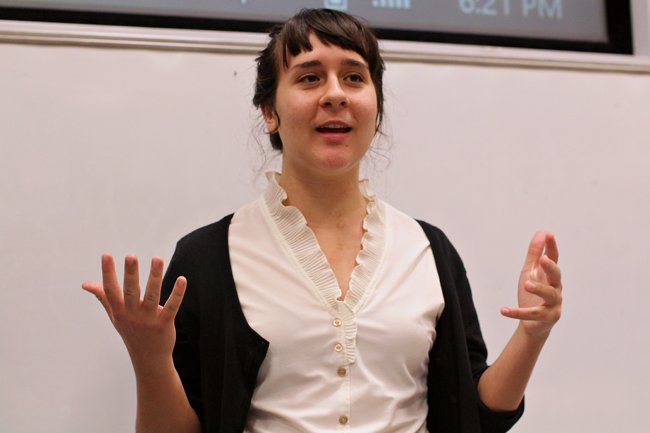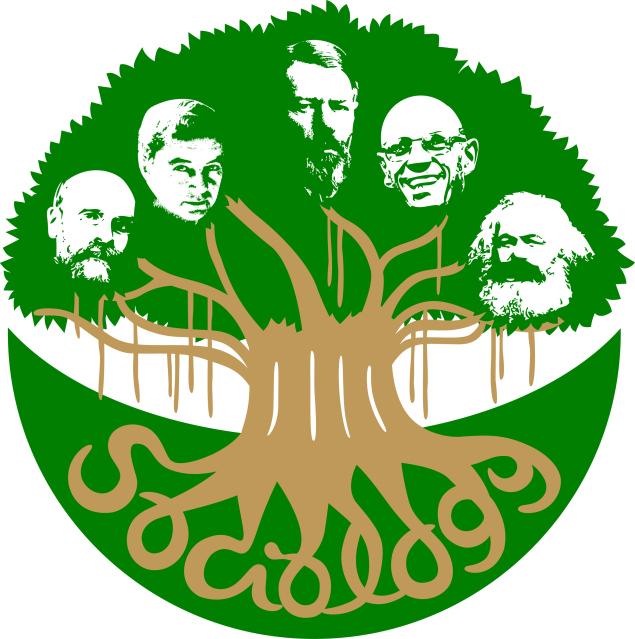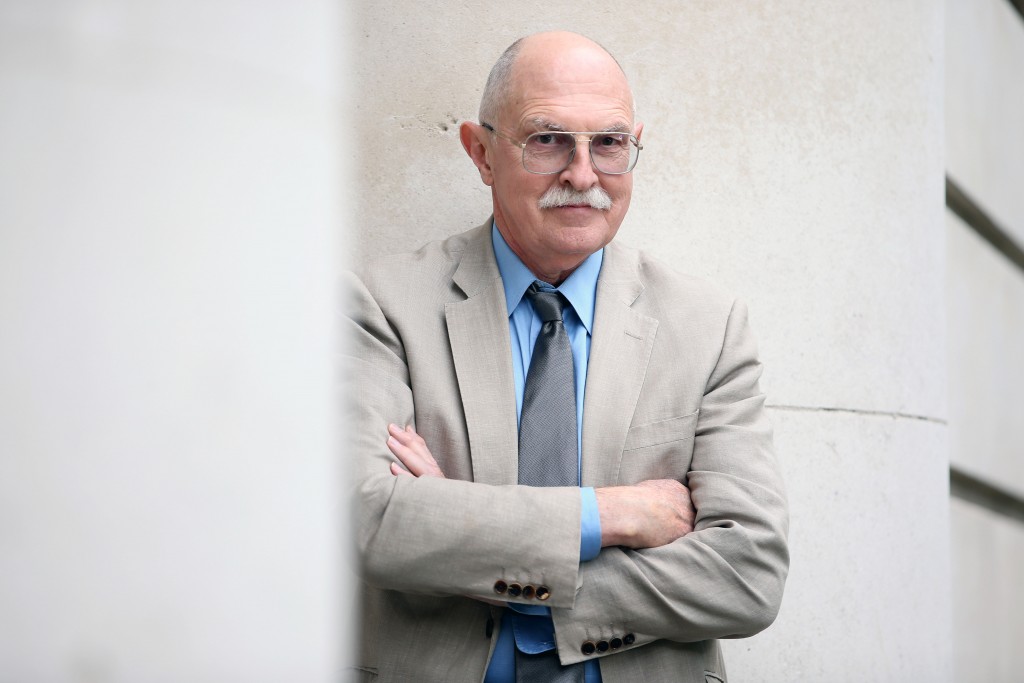UT Austin Sociologists addressed fallout from two gender stories in the news this week. Dr. Christine Williams, responded to a highly publicized and embarrassing training session offered by the City of Austin to prepare it’s employees to work effectively with the new city council, an unpredented majority of whom are women. In her blog post for Work in Progress (the ASA Organizations and Occupations blog) Dr. Williams discusses some of the issues diversity training faces.
Diversity training not only reinforces gender stereotypes, it teaches men and women that they have personality differences that suit them to different roles in the organizational hierarchy. In one case, a senior geophysicist explained that after taking a company sponsored Myers-Briggs test, she learned that supporting others is what she truly wants and needs to thrive and that she lacks the “personality” to be a leader. In her case, diversity training provided a justification for why men monopolize the top positions in the corporation, and why women with their “soft skills” are men’s ideal “supporters.”
Diversity training sessions are often an embarrassment, but they do not have to be that way. Imagine if Austin had hired consultants to teach staffers to spot and respond to gender stereotypes, and to help them to develop a deeper understanding of how stereotypes bolster privilege and exclusion. Instead of teaching men and women to accept the “facts” of gender differences, training sessions could focus on how to promote gender equality. Now that would be worth celebrating.
 Caitlyn Jenner has stepped into her role as champion for transgender people with the determination of an Olympic athlete, formerly known as Bruce Jenner. The privilege she enjoys as a wealthy, beautiful woman with an established public forum in reality television gives her an unusual platform for advocacy. While she has plenty of detractors, she enjoys a level of public interest and sympathy most transgender people never know. Her voice is being heard.
Caitlyn Jenner has stepped into her role as champion for transgender people with the determination of an Olympic athlete, formerly known as Bruce Jenner. The privilege she enjoys as a wealthy, beautiful woman with an established public forum in reality television gives her an unusual platform for advocacy. While she has plenty of detractors, she enjoys a level of public interest and sympathy most transgender people never know. Her voice is being heard.
Thatcher Combs, a graduate Sociology student in our program was interviewed by Alberta Phillips for a recent article published in the Austin American Statesman. He makes a powerful statement about the nuances of gender conformity and privilege.
“Caitlyn Jenner’s “coming out” was received with a mix of applause and criticism. She has become a symbol of transgender rights, joining others such as Laverne Cox from “Orange is the New Black,” reaching the mainstream as never before. But critics charge that she would not be so celebrated were she not beautiful, rich and glamorous. It is, after all, difficult to emulate such a dramatically polished femininity without Jenner’s economic resources. The question remains whether Caitlyn’s coming out will further the interests of the transgender community and the LGBT movement overall.
The mainstream LGBT movement has focused most of its attention thus far on the acceptance of gays and lesbians. The success of the movement is due in large part to the politics of conformity and respectability. The choice to pursue equality through gay and lesbian rights by challenging barriers to military service and marriage rights reinforces the value of conventional lifestyles. Pursuing these avenues to acceptance made gays and lesbians seem “normal” in the eyes of many heterosexuals.
As the nation waits to hear the Supreme Court’s decision regarding same-sex marriage later this month, many wonder what will come next for the mainstream LGBT movement. With the fight for same-sex marriage drawing to a close, is it possible that we are now witnessing a newly burgeoning “mainstream” transgender movement?
Having captured global attention first as an Olympic champion and more recently as a member of the Jenner/Kardashian reality television family, Caitlyn may be the one person in the U.S. today who has the potential to normalize transgender people and gain acceptance for transgender rights.
But there are costs to making Jenner the movement’s new poster child. She conforms to feminine beauty standards — in facts she excels at them, just as she excelled at masculine standards when she lived as a man. But what she does not do is challenge society’s stereotypes of masculinity and femininity. Where does this leave the majority of transgender people who may not be able to, or may not want to, fit normative standards of masculinity or femininity?
We must not forget, as we celebrate Jenner’s “coming out,” that financial success has allowed her to transition into the beautiful woman she is, yet there are transgender people who cannot physically transition for financial or medical reasons. In fact, many transgender people of lower socioeconomic status continue to pay a heavy price for attempting to live as who they are.
The fight for transgender rights and acceptance should also focus on the many children who are thrown out of their homes or who run away because their genders do not match the norms. We must address the fact that many transgender women, especially women of color, meet daily with verbal and physical assault, even murder.
Caitlyn Jenner has helped bring visibility to the transgender community. But broadening the fight for transgender rights beyond the world of the rich and famous will require recognizing that our current definitions of gender are simply too narrow, and our social policing of gender boundaries is inhumane.”
The struggle for our humanity requires challenges to norms which hinder the acceptance of our very real diversity. Gender norms are front and center in a very competitive field of necessary changes.

